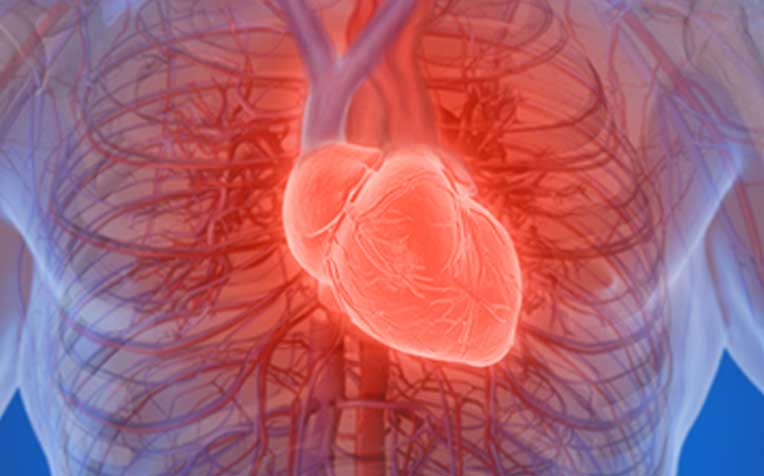 Caption: Heart diseases like a heart attack are caused by a number of risk factors. Some are beyond our control – example, family history, age and ethnicity. Yet, other risk factors, like high cholesterol, can be managed through lifestyle and medication. The
Department of Cardiology at
National Heart Centre Singapore (NHCS), a member of the
SingHealth group, explains the link between high cholesterol and heart disease. (iStock photo)
Caption: Heart diseases like a heart attack are caused by a number of risk factors. Some are beyond our control – example, family history, age and ethnicity. Yet, other risk factors, like high cholesterol, can be managed through lifestyle and medication. The
Department of Cardiology at
National Heart Centre Singapore (NHCS), a member of the
SingHealth group, explains the link between high cholesterol and heart disease. (iStock photo)
How high cholesterol (hyperlipidaemia) raises your risk of heart disease
High cholesterol (hyperlipidaemia) is a symptomless condition, in that it hardly presents any symptoms. There are two main types of cholesterol in our blood:
-
LDL (low density lipoprotein) – Commonly known as 'bad' cholesterol as it carries cholesterol to tissues, including the arteries.
-
HDL (high density lipoprotein) – Known as 'good' cholesterol as it takes cholesterol from the tissues to the liver, where it can be removed from the body.
When it comes to cholesterol, the key is to keep LDL cholesterol down, while raising HDL cholesterol. Accumulation of too much 'bad' cholesterol in your blood can lead to a build-up of plaque in artery walls, causing a narrowing and hardening of blood vessels (atherosclerosis). This increases your likelihood of developing heart disease.
Related article:
Which race is more susceptible to high cholesterol? Are there long-term effects to taking cholesterol medicine (statins)?
Common causes of high cholesterol
-
Poor diet – Consuming foods high in saturated fats, trans fats and cholesterol
-
Overweight/obesity
-
Sedentary lifestyle
-
Heredity – If your family member have high cholesterol, you may also have it
Related article:
Eggs and full-fat dairy products, should they be avoided?
Tips to lower your cholesterol
- Opt for foods with 'healthier' fats such as mono-unsaturated fats (olive oil, canola oil, nuts like almonds and cashews, and avocados), polyunsaturated fats (vegetable oils like soybean oil, sunflower oil and corn oil), and omega-3 fats (salmon, sardines and mackerel)
- Choose fish, skinless poultry and lean meat when choosing meat, and low-fat or fat-free milk products
- Consume more fibre-rich foods such as vegetables, fruits and whole grains.
- Exercise regularly – Aim to have 30 mins of moderate physical activity daily such as brisk walking, cycling or swimming. If you are unable to accommodate a long workout, spread it into smaller sessions throughout the day or week.
- Maintain a healthy weight
- Quit smoking (if you haven't)
- Limit daily alcohol intake to no more than three standard drinks for man and two standard drinks for women
Related article:
How high blood pressure and diabetes affect your heart
--
Articles on
HealthXchange.sg are meant for informational purposes only and cannot replace professional surgical, medical or health advice, examination, diagnosis or treatment.